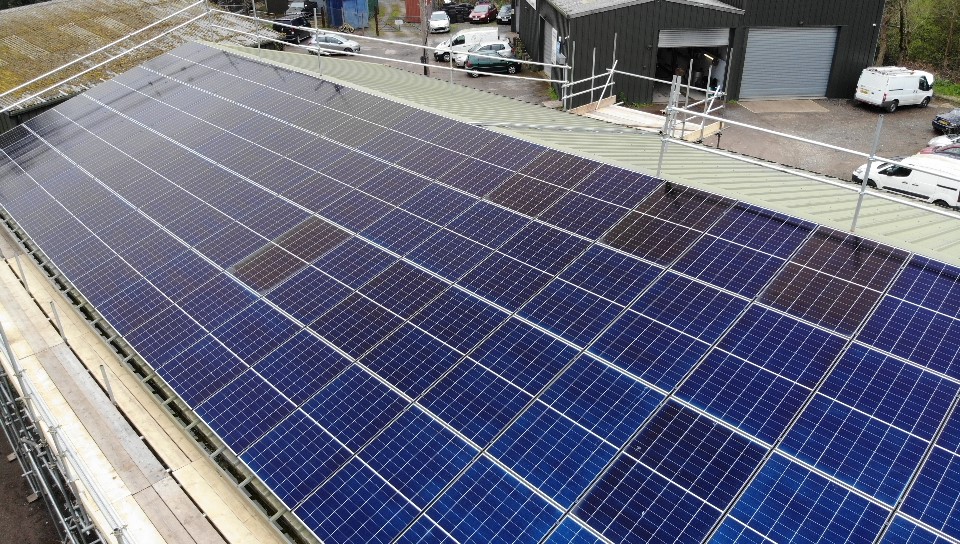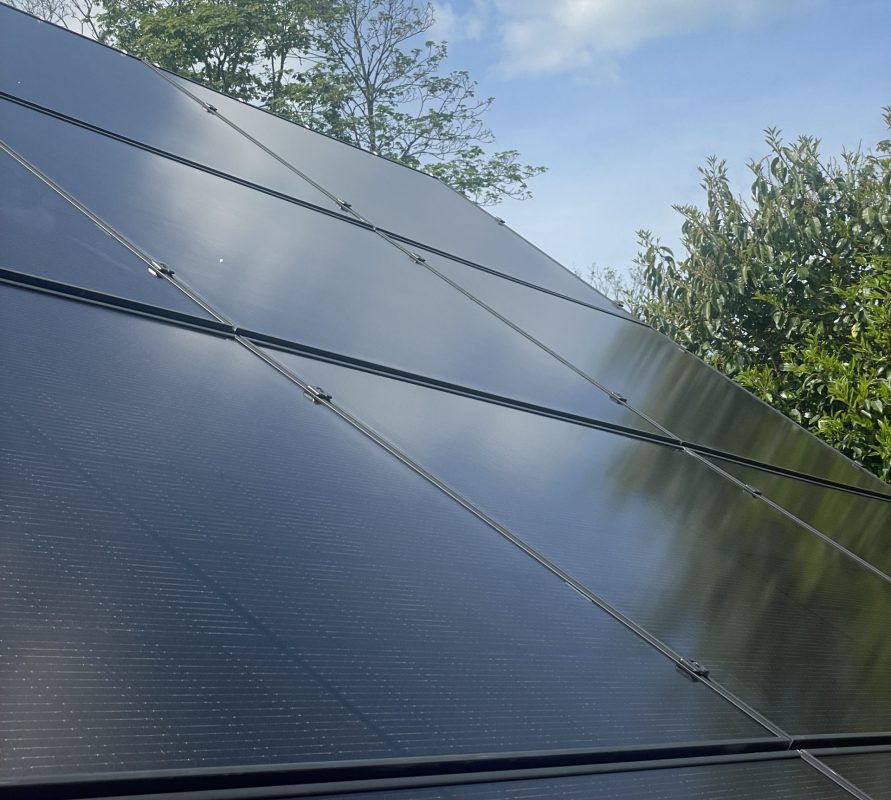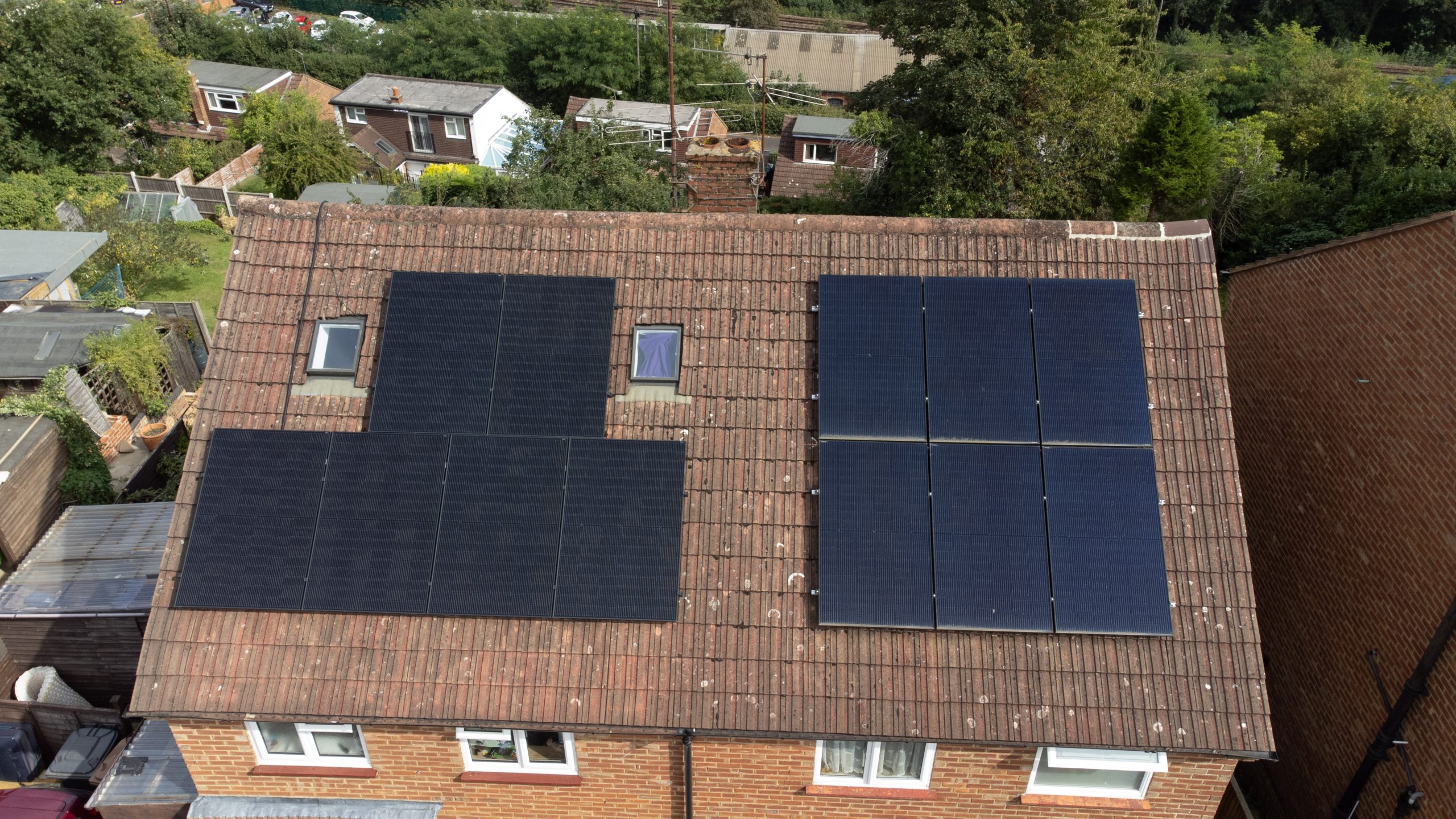Renewable energy and non renewable energy are two distinct types of energy sources that have significant differences in terms of sustainability, availability and environmental impact. Understanding these differences is crucial in today’s world as we strive to build a more sustainable future. In this article, we will explore the disparities between renewable and non renewable energy sources, their advantages and disadvantages, and why transitioning to renewable energy is essential.
What Is Non Renewable Energy?
Non renewable energy sources, such as coal, natural gas, oil, and nuclear energy, are energy sources that cannot be replenished once used. These resources have been the backbone of human society for many years, with approximately 80% of global energy coming from fossil fuels. Fossil fuels, including oil, natural gas, and coal, have been formed from the remains of dead plants and animals for millions of years. Oil and natural gas are found in underground layers, while coal is extracted from fossilised swamps. Nuclear energy, on the other hand, comes from uranium and other elements extracted from mined ore and refined into fuel.

Why Is Non Renewable Energy Bad?
The use of non renewable resources poses several challenges. Firstly, these resources are limited in supply and will eventually run out. Once they are depleted, they cannot be replenished. Secondly, the extraction and burning of fossil fuels release carbon dioxide, a greenhouse gas that contributes to global warming and climate change. The reliance on non renewable resources not only depletes our limited resources but also harms the environment and human health.
How Is Renewable Energy Better for the Environment?
In contrast, renewable energy sources, such as wind, solar, hydro, geothermal, and biomass, offer potential solutions to these challenges. Renewable energy is obtained from natural sources that are believed to be abundant and not depletable. These sources include the sun, wind, water, and the Earth’s heat. Renewable energy is considered clean energy because it helps reduce pollution, promote sustainability, and prevent drastic climate changes.

How Are Renewable Energy Sources Sustainable?
One of the key advantages of renewable energy is its sustainability. Unlike non renewable resources, renewable energy sources can replenish themselves over time. For example, solar energy is derived from sunlight, which is available every day. Wind energy is harnessed from the wind, which is a natural occurrence. Hydroelectric power is generated from the movement of water, which is constantly replenished through the water cycle. Geothermal energy utilises the heat from beneath the Earth’s crust, which is a renewable source of energy.
Benefits of Renewable Energy Sources
Renewable energy also has environmental benefits. It reduces greenhouse gas emissions, decreases dependence on fossil fuels and provides a more stable energy supply. By transitioning to renewable energy, we can mitigate the impacts of climate change, reduce air and water pollution and protect ecosystems and biodiversity.
Renewable energy does have its own set of challenges. One of the main challenges is the upfront cost of installation and infrastructure development. While renewable energy technologies have become more affordable in recent years, the initial investment can still be significant. Despite this, the benefits of renewable energy outweigh the drawbacks.
Renewable energy is becoming increasingly important in tackling climate change, reducing carbon emissions and creating a more sustainable future. Governments and organisations around the world are investing in renewable energy technologies and incentivising their adoption through policies and legislation.

Choose Renewables Energy Sources!
Renewable energy differs from non renewable sources in terms of sustainability, availability, and environmental impact. Renewable energy sources are sustainable, reduce greenhouse gas emissions and have lower operating costs. Non renewable resources, on the other hand, are limited, contribute to climate change and have negative environmental and health impacts. Transitioning to renewable energy sources is essential to address climate change, reduce reliance on non renewables and build a more sustainable future. Renewable energy is growing rapidly and becoming more cost effective, making it a viable and necessary choice for a cleaner and greener world.
To learn more about the benefits of renewable energy and how it can benefit your home or business, explore our solar panels range today! You can also use our free online quoting engine to get a personalised quote for your energy needs. Join us in the transition to renewable energy and contribute to a greener future.

Our Tree Planting Mission
Find out more
